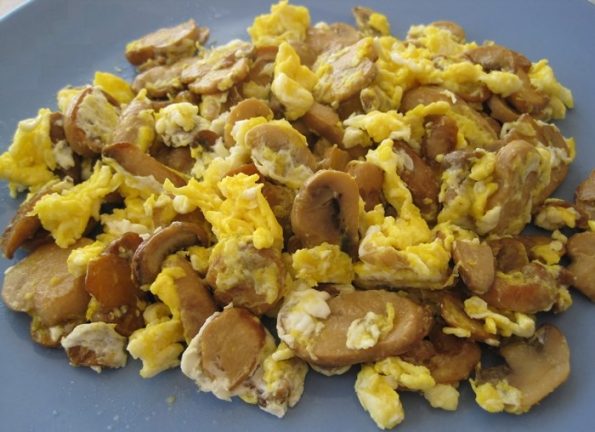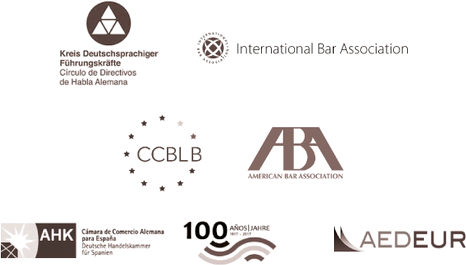
Mushroom Stew
21/04/16
On 6 March 2016 the European Commission announced a fine of 5.2 million euros on a supplier of fresh and canned vegetables from Spain’s La Rioja region, Riberebro, for running a price fixing and client sharing cartel in the European canned mushrooms market during more than a year.
Regarding the same cartel, the European Commission adopted on 25 June 2014 (case AT.39965) a settlement decision addressed to Bonduelle, Lutèce and Prochamp (imposing a total 32 million euros in fines on Bonduelle and Prochamp; while Lutèce received the requested immunity). Riberebro chose not to join the settlement.
The cartel concerned canned mushrooms for private labels, sold by tenders to retailers or wholesalers in the food sector (e.g., self-service retailers or professional clients such as caterers).
The cartel aimed at stabilising market shares and stopping price drops through a non-aggression agreement with a compensation system in case of transfer of clients; and certain minimum prices. To this end, the cartel members shared confidential information on offers, fixed minimum prices, assigned clients and agreed on volume targets.
The Commission followed the so-called “hybrid” procedure, which involves two decisions: the simplified one for the companies that accept the settlement and admit their participation in the cartel; and the standard one for the company that decides not to settle and continue with the ordinary procedure. As you will remember, the Commission’s first “hybrid” settlement procedure was in the animal feed phosphates cartel (2010).
While we wait for the Riberebro Decision to be published we may look back at a Commission Decision of 8 January 1975 (IV/27039 – Preserved mushrooms) that also concerned canned mushrooms. The Commission fined five French producers and the National Export Association of Taiwan (Taïwan Mushroom Packers United Export Corp, TMPUEC) for agreeing on mushroom production and sales in Germany; and fixing prices and sharing clients there. Bizarrely, the five French producers committed to opening the French market for TMPUECis Taiwanese asparagus. Tit for tat or just a little favour?
We wager that the announcement of Riberebro’s high fine will give ideas to several companies in this sector, who may consider suing for damages. These are likely to be neighbours, since approximatively 60% of Spain’s mushroom production is concentrated in La Rioja. The specific interest of Riberebro’s clients is even more obvious. Furthermore, all consumers are potential victims…
Last January, the Ministry of Justice published its proposal to implement the antitrust damages Directive 2014/104/EU. The General Codification Commission’s draft amends the Competition Act (LDC) and the Code of Civil Procedure (LEC). To start the parliamentary procedure, the proposal must get approval – be it with or without changes– by the Council of Ministers. Having regard to the current governmental situation the forecast is…to be really patient.
This post might have whet your appetite. All we can think of is to recommend that you visit La Rioja, more precisely Laurel Street in Logroño, and ask for bar Soriano or bar Ángel there: both have been competing for decades to offer the best mushroom “pincho” in town 🙂 .
Rating Legis SLP
T/F: +34 932 724 264
Provença, 253
08008 Barcelona
<!–
Members of:



